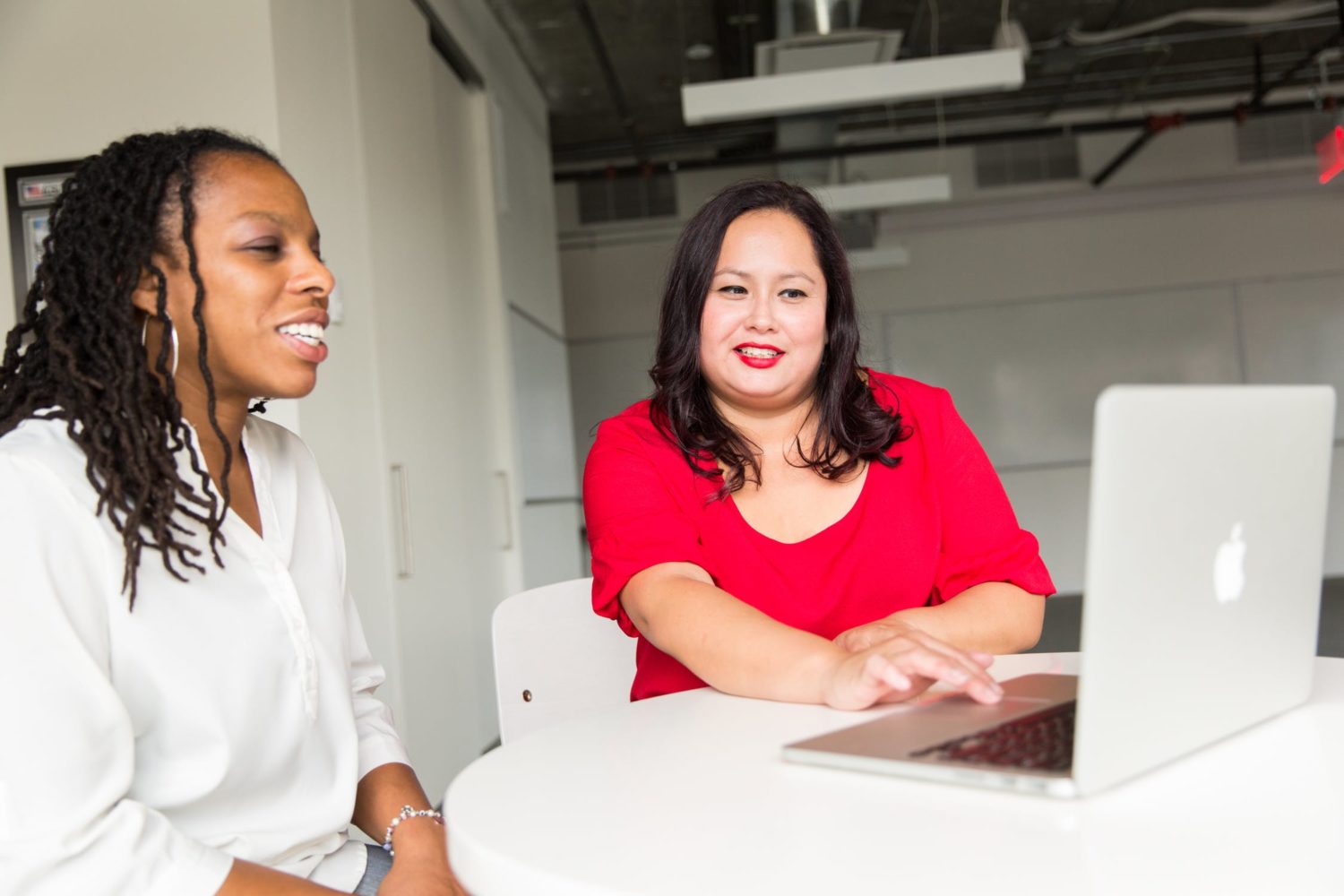
Sometimes in life, it can be easy to feel that we’ve lost our way. Perhaps we’ve had a series of setbacks and lost our confidence. Maybe we’re at a crossroads in life, like leaving college, and unsure which way to head. Perhaps we’re feeling lost and in need of some guidance. Or maybe we’ve hit a slump and are feeling demotivated and low. The ups and downs of life sometimes leave us in need of some extra support. Role models and mentors have a special place in our lives – especially at times of turmoil or indecision. They inspire us, guide us and challenge us to do better and be wiser people. It doesn’t just have to be confined to the world of work. Any goal you have it in mind to achieve, there will be someone who can add to your experience. From starting your own business to acute challenges such as overcoming addiction or bouncing back from a serious accident, the roles that these people can come to play in our lives are varied. But no matter what the catalyst, finding the right person to support and guide you through a phase of development is going to be a huge asset to your life. If someone has been through a similar experience they are able to help shape your thought process and add a huge amount of value to your own experiences. Their advice and encouragement can literally be priceless. Selecting a role model or finding a mentor doesn’t have to be a difficult process, but it is something which requires a little careful thought, to ensure you find a match that will be aligned with your goals and understand your way of thinking.
How Can A Role Model Help?
Those who are on a mission of self-improvement definitely can benefit from identifying a role model. This doesn’t have to be someone you know personally – an individual who has an inspiring story can help just as much. Sometimes choosing someone from a similar background as yourself can be very motivational. Stories of people who have achieved great things and stand for amazing values, such as Mo Farah, Aung San Suu Kyi, Stephen Hawking, and Cynthia Telles can help us to realize our own true potential. Learning how they overcame the barriers they faced and went on to have success and demonstrate humility can be a huge source of inspiration, and propel you to aim higher and do better.
Do I Need A Mentor?
If role models are not enough on their own, and you have specific issues you’d like a helping hand with, sometimes a mentor can be just the thing you need. The right individual can dramatically shorten your learning curve, by showing you shortcuts or new opportunities, inspire you to come up with new ideas, and give you practical skills like self-promotion as well. From looking over your CV to keeping you on the straight and narrow if you’re dealing with a personal problem, having someone you can turn to for impartial support and guidance is invaluable.
Understanding Values
One of the most important steps in identifying a mentor is making sure that your values match up with the person who will fulfill that role. If there is a match with the values, then that person is far more likely to instinctively understand your vision and your motivation, and this will create a much more solid, lasting relationship which can be mutually beneficial. Examine your own values by writing a personal manifesto, so you can put who you are, what you stand for, and what you want to achieve into words and communicate it to others. When we compromise our values it can lead to extreme unhappiness and dissatisfaction, in both our careers and our personal lives. Understanding what is most important to you personally can inform an awful lot of decisions in your life, and shape the direction you go in, and having a mentor with the same values gives you a great sounding board to ensure that you’re staying true to yourself, no matter what you do.

Choosing A Good Communicator
Great communication skills are pretty important to get far in life, and they are extremely important when it comes to your mentor. People can have very different learning and communication styles, and you’ll get far better results if you go with someone whose style complements your own – it doesn’t have to be exactly the same, but not so far apart that you can’t understand each other’s point of view. When you have a potential mentor in mind, make a point of observing how they interact with the people around them. Effective communicators are easy to spot, and you will definitely benefit from this – both from being able to better absorb their guidance, and from learning skills that you can use yourself.
Examining Your Expectations
The best results from mentoring come when you are able to clearly define the outcomes you’d like to see and the type of relationship you’re seeking between you and your mentor. Think about how much time you want from this person, and what activities you want to do with them. Is it just about checking in occasionally for a coffee and a chat? Do you want to shadow them or observe them in a professional capacity? Make these expectations clear to any potential mentor, as some may struggle to find the time to meet what you suggest. Ensuring that both of you are on the same page will get things off to a much better start.
Avoid A Personality Clash
You may think personality only plays a minor part in the mentor/mentee relationship, but that’s definitely not the case. For example, if your character is to be naturally more introverted, then you may find it difficult to model the behavior of someone who is a natural extrovert. Sometimes, depending on your goals, it can actually be helpful to have a mentor who is not like you. Say if you wanted to learn confident speaking skills, or perhaps you are more on the impulsive side of the spectrum and you wanted to learn to sit back and analyse events more before reacting – picking a mentor with those qualities might be a massive benefit to you.
Finding Your Mentor
Mentoring can be a huge time commitment, so finding someone who is willing to act as your mentor can be harder than you think. Re-frame the discussion by thinking about what you could offer to the other person in return. they may have experience, but you could have fresh insight to give, for example. Online mentorship networks can be a brilliant place to start if you don’t anyone in mind already – and everyone on them is willing to take that step. Classes and groups related to the interest where you want to develop or support groups dedicated to those issues you’re struggling with can also provide likely candidates. Social media has really opened up the world as well. Publicly available platforms like Twitter or industry groups on LinkedIn can be very useful, as with the right hashtags or keyword searches you can easily find people who may be a good match for your needs – plus, that person’s engagement levels on their social channels are a good guide as to how willing they may be to work with you.
With a little bit of forward planning, you can hit the ground running and develop a strong and inspiring relationship with your mentor which can spur you on to greater heights than you could ever achieve alone.








